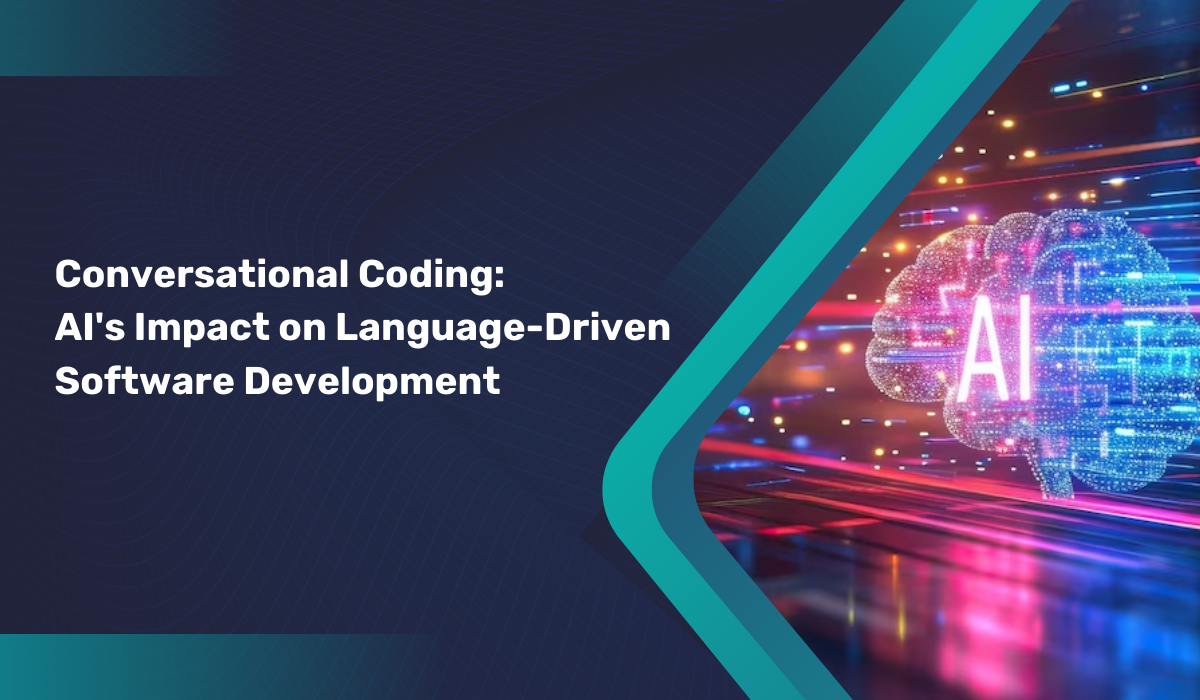
Artificial Intelligence (AI) is catalyzing a profound shift across industries, notably within the software development arena, where its integration with low-code platforms is proving transformative. In India's burgeoning tech landscape, AI stands as a cornerstone reshaping the future of software development methodologies. As AI matures, its impact on the Indian low-code software development market is poised to be revolutionary, promising substantial advantages for developers, businesses, and the overall tech ecosystem.As low-code platforms evolve to incorporate AI capabilities, organizations are urged to explore avenues to maximize its potential. Empowering developers with AI companions capable of handling repetitive tasks streamlines the development lifecycle, facilitating efficient code generation, testing, and debugging.
This integration acts as an "autopilot" for developers, allowing them to focus on creative and strategic aspects of application building. Moreover, large language model connectors in high-performance low-code platforms pave the way for creating complex generative AI-powered applications, enabling personalized user experiences and rapid application development.India is witnessing a transformative shift fueled by generative AI to address its persistent tech talent shortage. By automating routine tasks, developers can redirect their expertise toward solving intricate problems, aligning with India's commitment to an inclusive tech ecosystem. Natural language inputs in describing desired applications broaden the talent pool, democratizing app development and addressing the scarcity of skilled professionals across sectors in the APAC region. The rise of prompt engineering skills, essential in designing, developing, and refining generative AI text prompts, is expected to revolutionize software development, making it faster, more efficient, and accessible.
As generative AI and GPTs become ubiquitous, the demand for specialists adept at prompt engineering is set to soar. Prompt engineering serves as a compass, guiding developers through the vast possibilities of AI. By automating tasks and simplifying concepts, it enhances productivity and reduces development time. In India's software outsourcing hub, prompt engineering skills have the potential to transform software development, accelerating prototyping and experimentation. Additionally, AI tools translating natural language descriptions into code lower the entry barrier for programming learners, while analyzing legacy code enhances code comprehension and maintainability. In conclusion, AI's enduring impact on India's enterprise tech landscape is revolutionizing software development, bridging talent gaps, and paving the way for innovation and inclusivity.